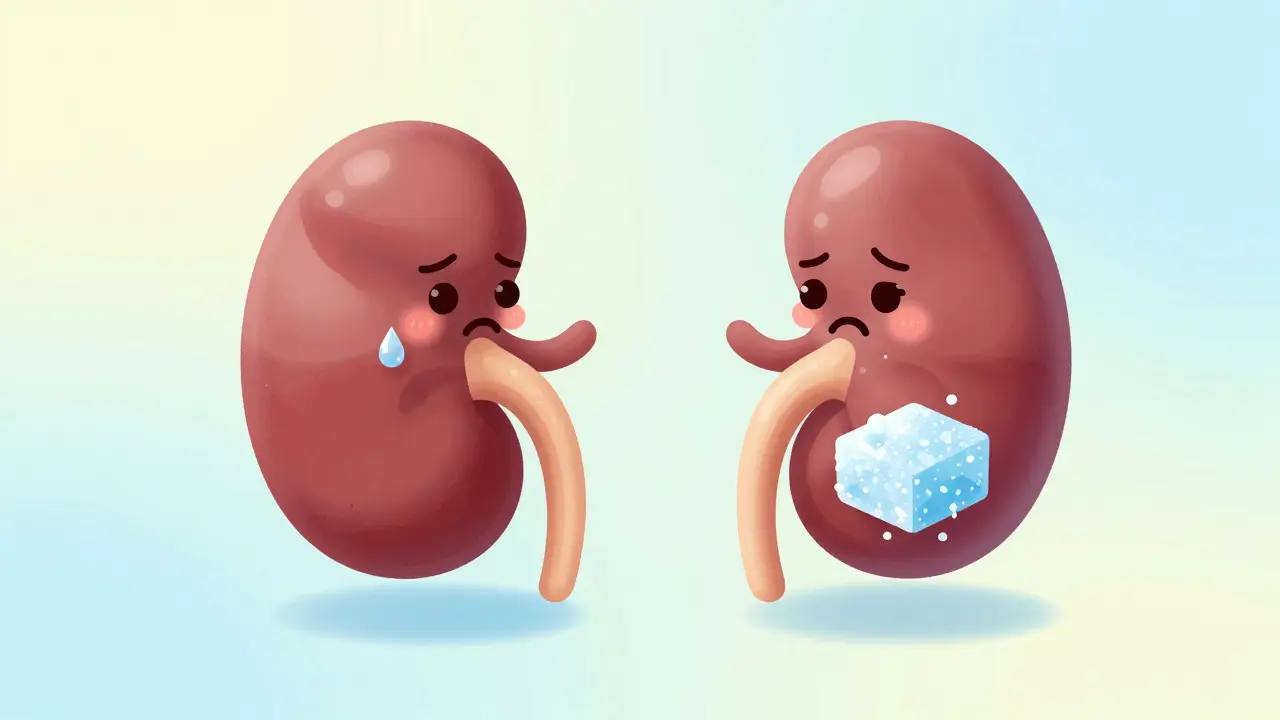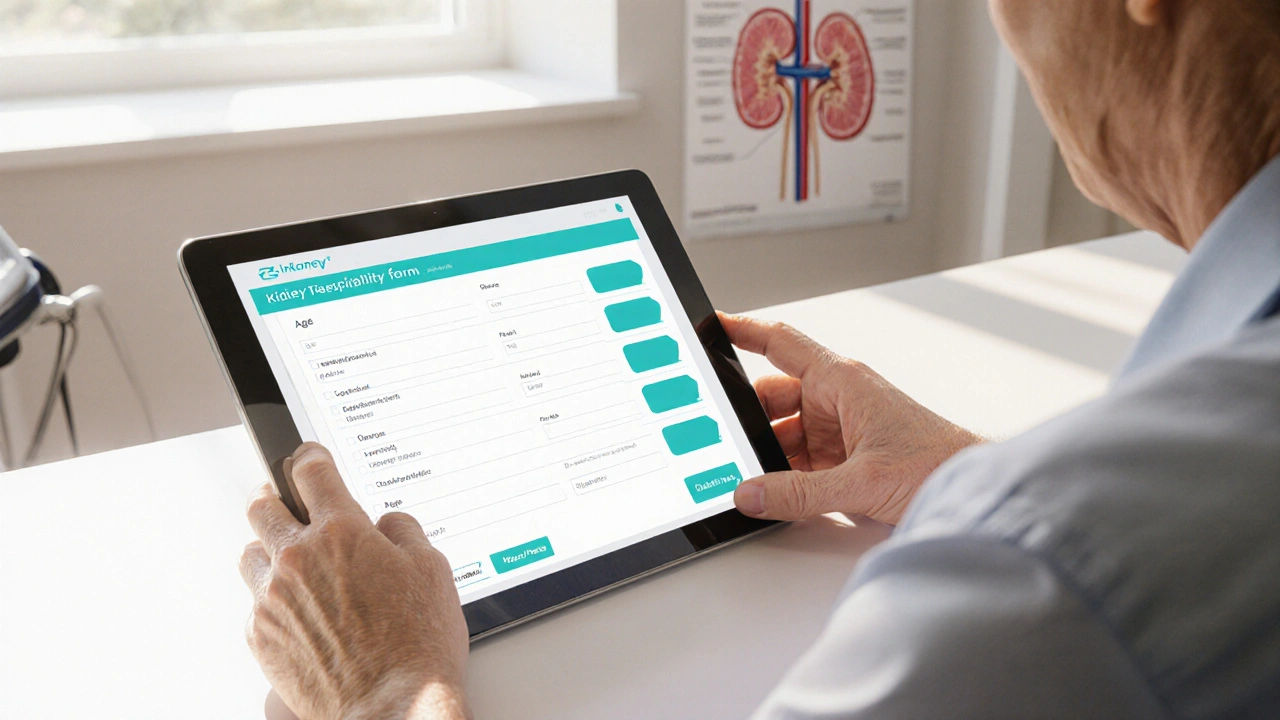Kidney Disease: Causes, Signs, and What You Need to Know
When your kidney disease, a condition where the kidneys lose their ability to filter waste and excess fluid from the blood. Also known as chronic kidney disease, it often creeps up without warning, quietly damaging your body over years. Your kidneys don’t just make urine—they regulate blood pressure, balance electrolytes, produce red blood cells, and activate vitamin D. When they start failing, everything else starts to slip. Many people don’t feel anything until the damage is advanced. That’s why knowing the early signs matters more than you think.
High blood pressure and diabetes are the two biggest causes of kidney disease, but they’re not the only ones. Long-term use of certain painkillers like ibuprofen or naproxen, recurring kidney infections, autoimmune disorders like lupus, and even genetic conditions can take a toll. If you’re on long-term medication for arthritis, heart issues, or diabetes, your kidneys are working harder than you realize. And if you’ve had a kidney stone before, your risk goes up. It’s not just about age—lifestyle, diet, and what you take daily play a huge role.
What does kidney disease actually feel like? Fatigue that won’t quit, swelling in your ankles or face, trouble sleeping, bad breath, metallic taste in your mouth, or needing to pee more at night. These aren’t just "getting older" symptoms. They’re your body screaming for attention. Some people think if they don’t have pain, they’re fine. But kidneys don’t hurt until it’s too late. Blood tests and urine checks are the only real way to know. And if you’re already dealing with heart problems or diabetes, you’re already in a high-risk group—regular kidney checks aren’t optional, they’re essential.
When kidneys fail, you’re left with two real options: dialysis or transplant. Dialysis isn’t a cure—it’s a life-support machine that does what your kidneys used to do. It’s exhausting, time-consuming, and expensive. A transplant can give you back your life, but it’s not simple. You need a match, lifelong meds, and constant monitoring. Prevention is the only real win here. Cutting back on salt, staying hydrated, avoiding unnecessary painkillers, and keeping blood sugar and pressure in check can delay or even stop kidney damage before it starts.
The posts below cover real-world scenarios you might face: how certain antibiotics can strain your kidneys, why some heart meds interact dangerously with kidney function, what to avoid if you’re already on dialysis, and how diet choices impact your long-term kidney health. You won’t find fluff here—just straight talk about what works, what doesn’t, and what you need to ask your doctor before it’s too late.


